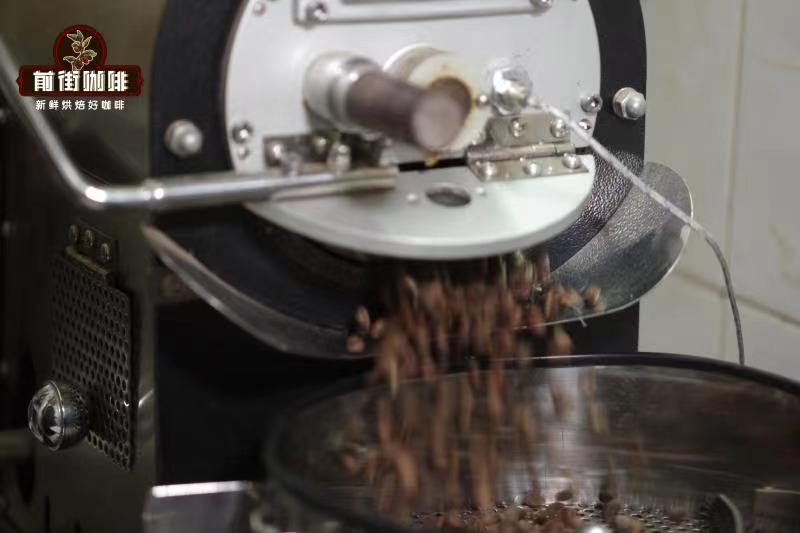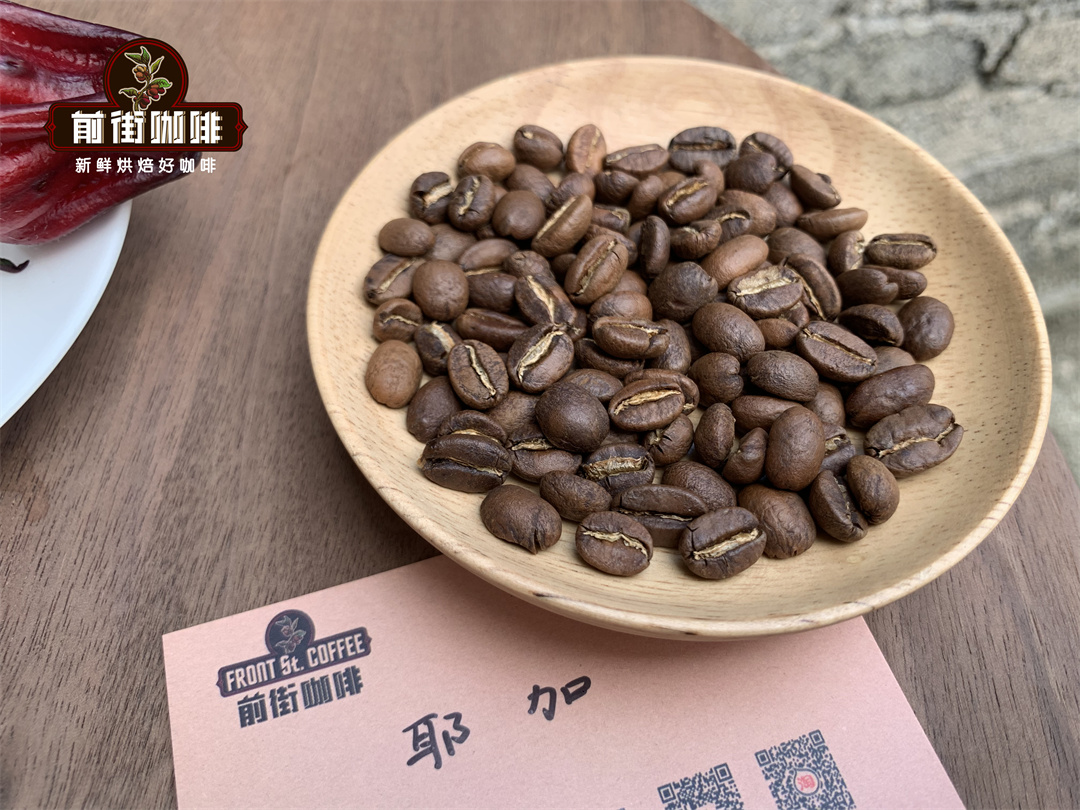Kenyan unique varieties SL28, SL34 flavor citrus black plum similar flavor is iron pickup pedigree
Kenya is an important producer of boutique coffee in East Africa. Most of the country's population is engaged in the coffee industry, mostly in the form of a combination of small farmers and cooperatives. Coffee trees in Kenya are mostly planted at high altitudes. There are many producing areas in Kenya that strive to preserve the native forest ecosystem, protect the natural gene pool, support the reproduction of wild coffee varieties and breed a variety of coffee trees.
Arabica SL28 and SL34
In 1930, the unique Kenyan varieties SL28 and SL34, which were cultivated and named by Scott Laboratories laboratory, were born under a good primary forest ecosystem.

SL28 has a mixed pedigree of French missionaries, mochas and Yemens Tibica. The goal of cultivating SL28 was to mass produce coffee beans with high quality and resistance to diseases and insect pests. Although the yield of SL28 was not as high as expected, the copper leaf color and broad bean-shaped beans have great sweetness, balance and complex flavor, as well as remarkable citrus and black plum characteristics. SL34 and SL28 are similar in flavor, except for the complex acidity and great sweetness of the finish, which is heavier, fuller and drier than SL28. SL34 has French missionaries, bourbon, and more Tibica ancestry. Dou looks similar to SL28, but is more adaptable to sudden heavy rain.
Important Notice :
前街咖啡 FrontStreet Coffee has moved to new addredd:
FrontStreet Coffee Address: 315,Donghua East Road,GuangZhou
Tel:020 38364473
- Prev

Suggestions on how to bake the strong fruit acid flavor of the main producing areas of Kenyan boutique coffee
Kenyan coffee, with its complex flavor and rich fruit aroma, gives people a sour and sweet tasting experience on the whole, because of the advantages of geographical environment, including different topography, such as high altitude, abundant rainfall, good soil quality, micro-climate, and so on. to enable coffee to multiply, but also to achieve many areas conducive to the growth of coffee.
- Next

Is the coffee sour or not sour? the lighter the roasting, the better the quality?
We often hear guests ask: "I want non-sour coffee", or "I want non-bitter coffee", so what is the cause of sour coffee and non-sour coffee? In the past two years, with the coffee online celebrity shops and chain stores springing up all over the world, it can be said that the coffee industry around the world has reached
Related
- What brand of black coffee is the most authentic and delicious? what are the characteristics of the flavor of the authentic Rose Summer Black Coffee?
- Introduction to the principle and characteristics of the correct use of mocha pot A detailed course of mocha pot brewing coffee is described in five steps.
- Which is better, decaf or regular coffee? how is decaf made?
- How much is a bag of four cat coffee?
- How about four Cat Coffee or Nestle Coffee? why is it a cheap scam?
- Which is better, Yunnan four Cats Coffee or Nestle Coffee? How about cat coffee? is it a fake scam? why is it so cheap?
- How about Cat Coffee? what grade is a hoax? which instant coffee tastes better, four Cat Coffee, Nestle Coffee or G7 coffee?
- Process flow chart of coffee making-Starbucks coffee making process what coffee tastes good at Starbucks
- The top ten best coffee beans in the world Rose summer coffee or Tanzanian coffee tastes good
- Yunnan four cat coffee is good to drink?_four cat coffee is a big brand? four cat blue mountain coffee is fake?

